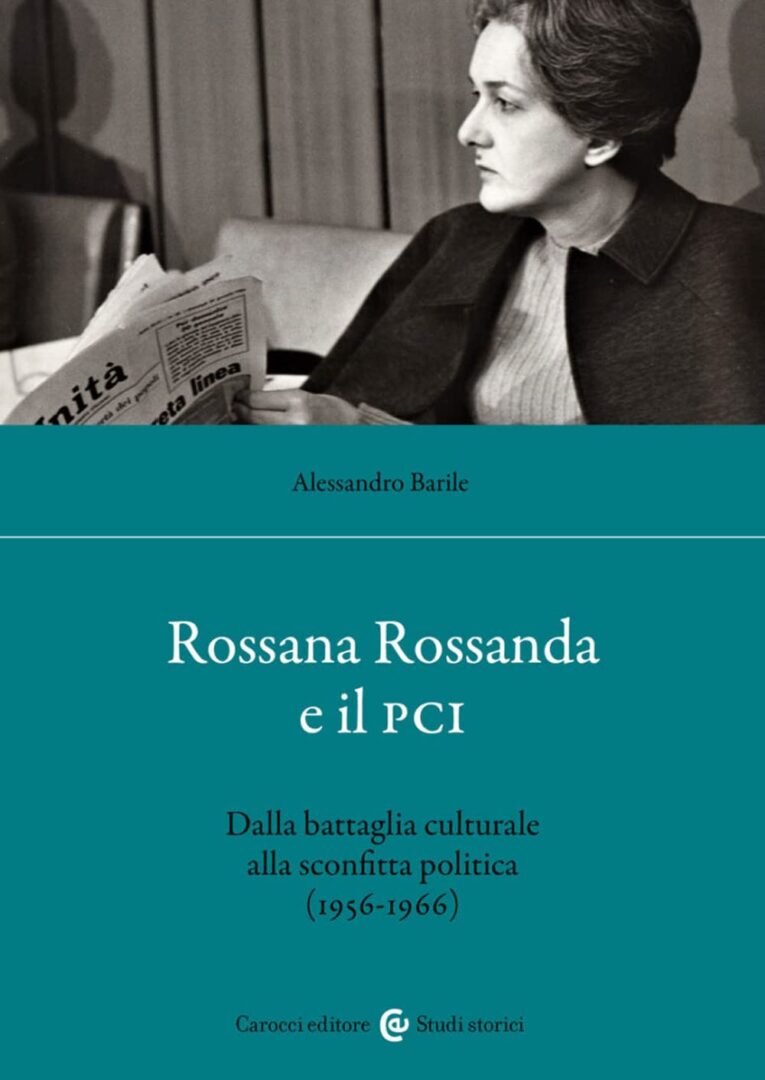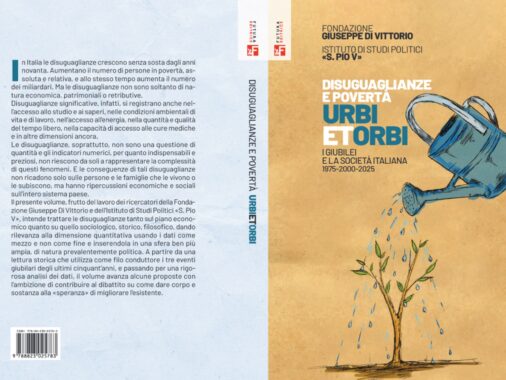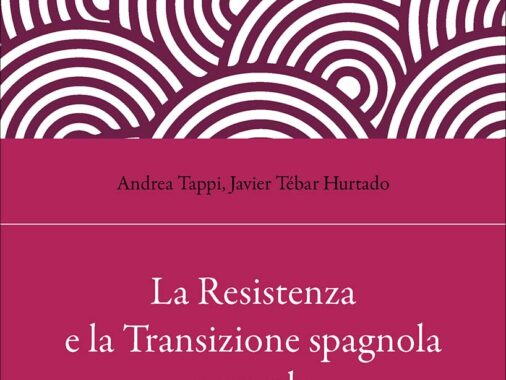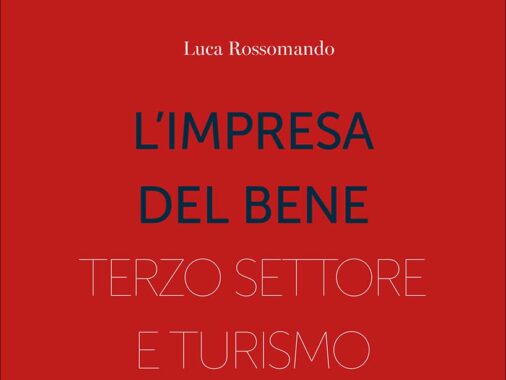Editor(s): Alessandro Barile
In the 1960s, communist cultural policy entered a state of turmoil. Wild urbanisation, internal migrations, new cultural consumption, mass schooling: the economic boom profoundly transformed society, changing the face of the country. The Togliattian cultural model, which until then had been able to connect intellectual demands with the sentiments of the working classes, showed the first signs of crisis. Is a communist cultural policy still possible? Rossana Rossanda’s leadership of the Cultural Section of the PCI (Italian Communist Party) would attempt to stimulate a difficult update within the party, trying to connect it with new social demands and unprecedented political challenges. The incubation of the “long Italian Sixty-Eight” took place precisely during Rossanda’s political-cultural leadership, between 1962 and 1966. The defeat she would face (along with the entire Ingraian faction), confirmed at the 11th Communist Congress of 1966, would mark an evolutionary shift for the Italian Communist Party, with far-reaching consequences for its entire future history.
Publisher: Carocci
Year: 2023




